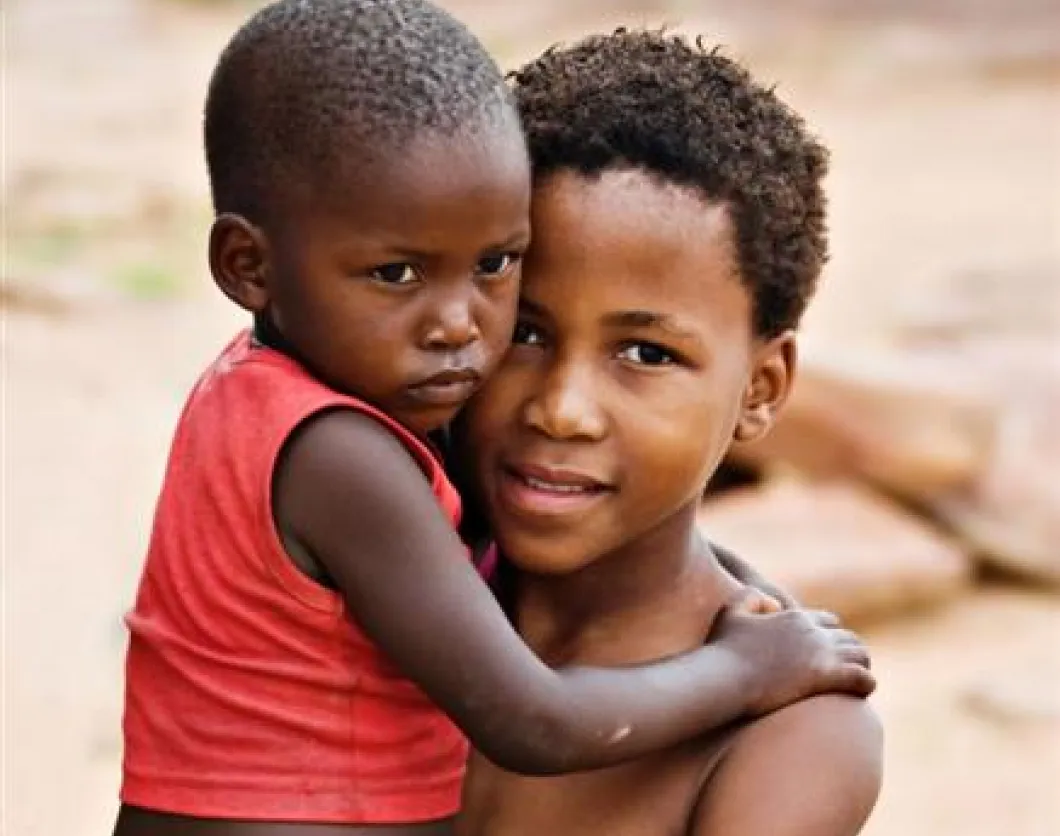Child sex tourism has become a thorn to the global society. More and more children are falling prey to child trafficking aimed at exploiting them for sexual activities. Estimates from the The International Labor Organisation [ILO] show that about 5.5 million children are exploited through forced labor including coerced sexual exploitation.
This worrying trend has not gone unnoticed to the world and especially to major players in the tourism industry which seems to be a hunting ground for child sex pests. This saw the birth of The Code, or The Code of Conduct for the Protection of Children from Sexual Exploitation in Travel and Tourism, as a way of protecting children from commercial sexual exploitation under the guise of travel and tourism activities.
The Code is an initiative that unites the tourism sector with the organization called ECPAT International. Its main objective is to mitigate cases of children being exploited for sex at tourism destinations. The Code traces its origins in the year 1998 and is a result of actions of ECPAT Sweden, WTO (World Tourism Organization) and Scandinavian tour operators.
As of 2011, the Code had 1030 industry members and local affiliates in 42 countries, including hotels, tour operators, travel agencies, tourism associations, and tourism unions. In 2004, ECPAT USA in conjunction with WTO and UNICEF launched The Code in North America.
The number of tourists impacted by the Code is estimated to reach in 2003 over 30 million per year, travelling to destinations in over 16 countries worldwide.
The Code was developed in an effort to combat child sex tourism. Often, people engage in sexual activities with minors as they perceive certain countries to be accommodative of such behavior. Other tourists decide to engage in sex with children as they believe the repercussions of their actions cannot follow them to their home countries.
The Code tries to educate tourists that child sex exploitation is always wrong no matter the country one visits. For example the United States State Department has facilitated World Vision's efforts to erect billboards in Cambodia and Thailand with the message: 'Abuse a child in this country, go to jail in yours.' Such messages are in line with the Code's stand that child sex exploitation is never okay no matter where you are in the world and that your ill-thought actions will follow you back home.
In fact, through its child sex tourism laws, the US has made 67 arrests and 47 convictions between 2003 and 2008. Other countries have not been left behind in trying to curtail the vice that is child sex tourism. Australia, for example carried out 158 investigations and made 19 convictions on child sex and related crimes. Such convictions outline the success and achievements of The Code and its future role in the fight for the end of exploitation of minors especially in tourism and travel-related activities.
Through the Code, member companies strive to practice sustainable and responsible tourism. They achieve this by constituting policies geared towards protecting minors from abuse especially by tourists visiting their countries.
Once a company joins The Code, they are expected to adopt and implement 6 criteria in their operations. These are:
To establish an ethical policy against commercial abuse of children through sexual activities.
- To actively train its personnel on children rights and ways protect these rights.
- To add clauses to contracts with related parties that state a common castigation of those who abuse the rights of children.
- To inform travelers through brochures, websites, in-flight videos etc. on rights of children.
- To inform stake holders in the local community and leverage them in combating the exploitation of minors
- To submit annual reports on their efforts and progress
By joining The Code, companies commit towards combating and eliminating child sex tourism. There is a strong belief that companies that work towards meeting the six criteria outlined by The Code will have done their part in ensuring ethics in tourism. They will also guarantee sustainability of the tourism sector by integrating the protection of minors into their normal business operations.









